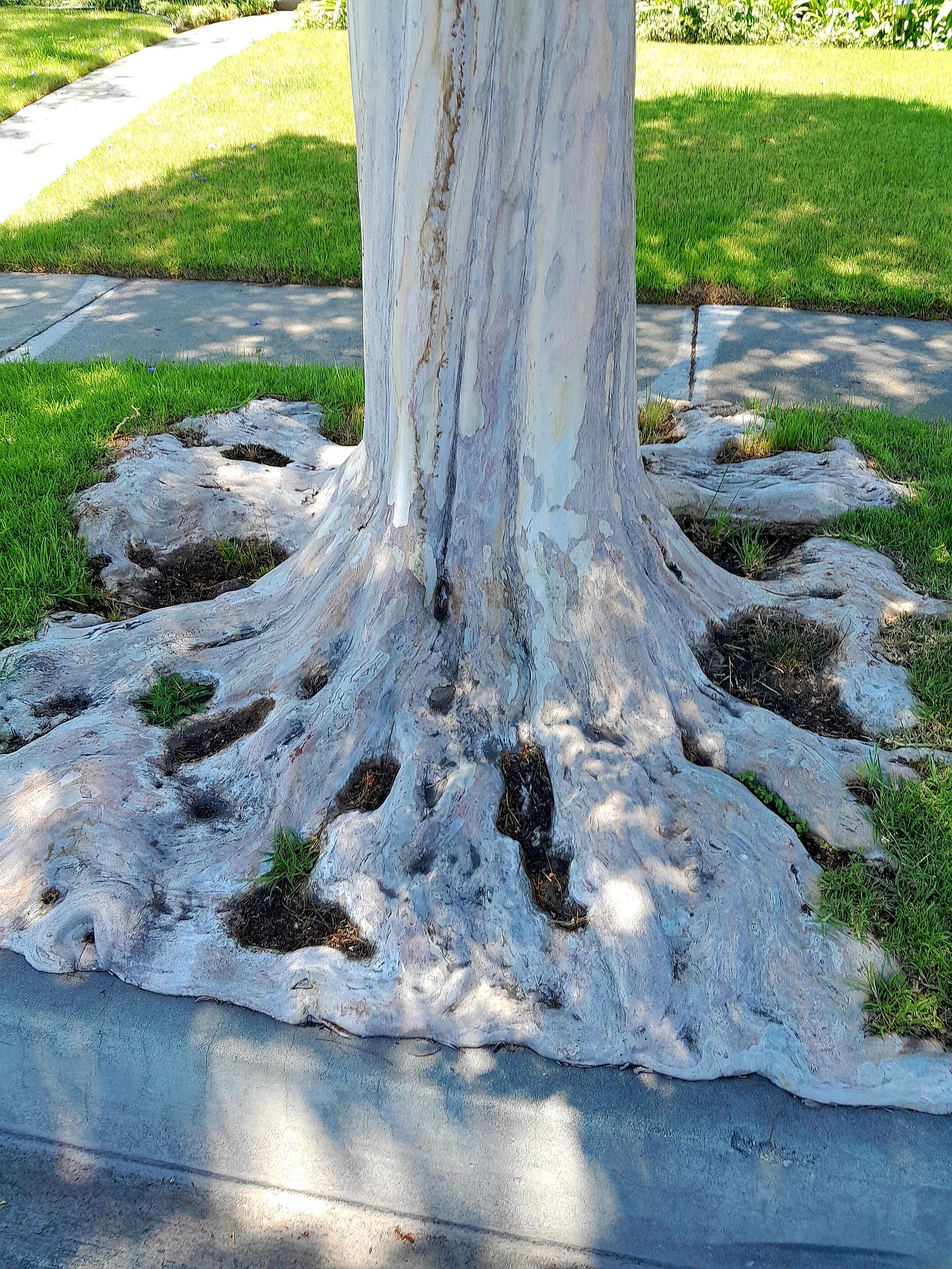1 Happy1 the human who has not walked2 in the wicked’s counsel,
nor in the way of offenders stood,
nor in the session of scoffers sat.
2 Instead, Yahweh’s teaching is his desire,
and His teaching he murmurs3 day and night.
3 And he shall be like a tree4 planted by streams of water
that gives forth its fruit in its season,
and its leaf does not wilt—
and in all that he does he prospers.
4 Not so the wicked,
instead like chaff5 that the wind6 routs away.
5 Therefore the wicked will not stand up in judgment,
nor offenders in the righteous’ band,
6 for Yahweh grasps7 the righteous’ way,
and the wicked’s way is lost.
The first poem of the psalter unfolds a vivid image of the blessed life of the person who arranges their life around the fruitfulness of Yahweh’s “teaching” (Hebrew: tôrȃ). The first word of the poem, ʾašrê, pronounces a state of all-around blessedness or good fortune.
As many have observed, the opening imagery of the poem moves neatly from “walking” to “standing” to “sitting” (or “dwelling”).
The Hebrew verb hāgâ, often rendered as “meditate” here, concretely means to “mutter” or “murmur” (Robert Alter’s translation). The image is of the student of Yahweh’s words quietly speaking them to himself all the time.
The imagery of the fruitful “tree” (Hebrew: ʿēṣ) is surely designed to evoke the “tree of life” from the Eden narrative in Genesis.
I perceive a subtle soundplay between the Hebrew keʿēṣ, “like a tree,” and kammōṣ, “like chaff.”
This is the polyvalent Hebrew rûaḥ, meaning “spirit,” “breath,” or “wind,” depending on the context.
The Hebrew verb for knowing, yāḏâ, often describes a deeper kind of experiential acquaintance. In certain contexts, it is even an idiom for sexual relations. With these more concrete connotations in mind, I translated it here as “grasp” to suggest a more corporeal image.



"Yahweh grasps." That pairing of words hits dead center for me.